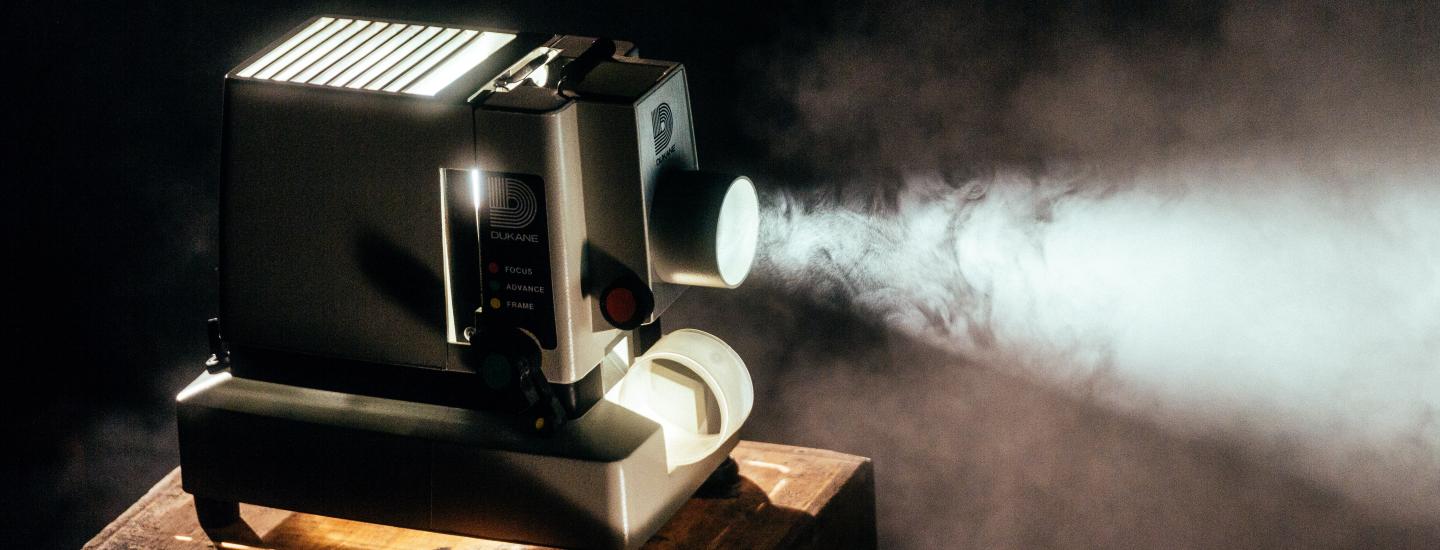
Screen writing expert and SCS instructor, Barbara Radecki, shares 5 key components of an award-winning script.
Oscar season is here again and, for those of us writing screenplays, it can be a useful exercise to see which films make it to that coveted ‘Best Films’ list, and to unpack some reasons why.
We all know that no bag of tricks can absolutely guarantee an award-winning film. In fact, getting a screenplay produced and then bringing it to the big screen is its own classic hero’s journey (there will be mountains to climb, dragons to slay, and copious tears to shed).
However, there are a few ‘keys of storytelling’ that most successful films share.
#1: An Interesting Vision
You, as the writer, will need to stay inspired as you write not just a first draft, but likely several drafts over several years (or decades in some cases). If you’re excited by the central storyline or question or premise—if you’re confident you can keep coming back to the page over and over again—then there’s a far greater chance that a team of industry professionals will be inspired to take on your project. Not to mention an audience full of viewers! We call this vision the ’what if’ or the ‘hook’ of the story.
#2: Compelling Characters
What makes a character compelling? And let’s not confuse ‘compelling’ with ‘likeable’. Compelling characters are challenged to take something on within a story, whether it’s an external dramatic adventure, or a tense internal push to grow, or both at once. We, as viewers, are drawn to the universal struggle of change. We look to stories to validate our conviction that change is hard, and to show us that it is also possible.
#3: Meaningful Objectives
We don’t sit back and watch a story unfold about characters who sit back and watch a story unfold. We watch because the lead character/s will be motivated (for believable reasons) to take action. Any character who wants something and tries to get it (whether they are leads or supporting characters, whether they are working together, or, more likely, working in opposition to each other) will immediately capture our attention. Successful stories are activated. A strong, meaningful objective is the gas in the engine. A confident writer will decide how obvious the objectives are to the viewer, and at what point they’re revealed. They will always know each character’s fundamental needs, goals, and desires.
#4: Escalation
A compelling story doesn’t ride a flat line. The gears ratchet tighter and tighter, regardless of what kind of story it is. Even quieter films are imbued with intentions that eventually, perhaps repeatedly, go off the rails. A winning script integrates events that get harder to navigate, convictions of purpose that are challenged, and problems that are finally overcome. Or, and perhaps more compellingly, it might escalate to a devastating defeat (see Key #2: ‘change is hard.’)
#5: Unexpected Inevitability
This is that thrilling feeling we get as viewers when the story somehow fulfills its promise to us, while also surprising us with unexpected twists and turns. We choose our stories based on our tastes and preferences, and so expect the story to behave, in a way, like ‘that kind of story’ behaves (usually inherent to the genre and/or the advertised premise). But we still want to be surprised and shaken by the way the story unfolds. How this is achieved is impossible to prescribe. The shape will be unique to every successful story. Like a fingerprint.
The magical alchemical reaction between a good film and its viewer is one of the reasons we keep going back to the movies, despite most of them not being close to Oscar-worthy. That buzz we get when we watch a special story is the best, most effective buzz there is. It’s the signal that we’ve submerged into a parallel reality where fictional people who come to mean something to us must navigate the treacherous waters of our complex worldly experience, and we have nothing to do but watch them.
Each of us will have our own list of ‘best films,’ the stories that have had the most impact on us, our own private Academy Award presentations. Understanding how writers achieve that effect is not always easy or obvious, but it is worth investigating and certainly deserves celebrating.
Barbara Radecki started her career as an actor, and is probably best know for voicing Sailor Neptune in the original English dub of the popular Sailor Moon series. She has since transitioned to writing, with a focus on full-length fiction and screenplays. Several of her screenplays have been optioned or sold, including one she co-wrote—a modern adaptation of Jane Austen’s Persuasion—which filmed in New York City, and co-stars Alicia Witt and Bebe Neuwirth. Her first novel, The Darkhouse, came out to acclaim, including a Kirkus star, and she was shortlisted for the Kobo Emerging Writer Prize in 2017. Her second novel, Messenger 93, came out in Spring 2020. Her almost two decades’ experience with the writing process—creating, developing, editing, collaborating, and producing—gives her a unique perspective to share with writers studying at UofT SCS.
Her course, Screenwriting-Introduction, starts March 2022.
